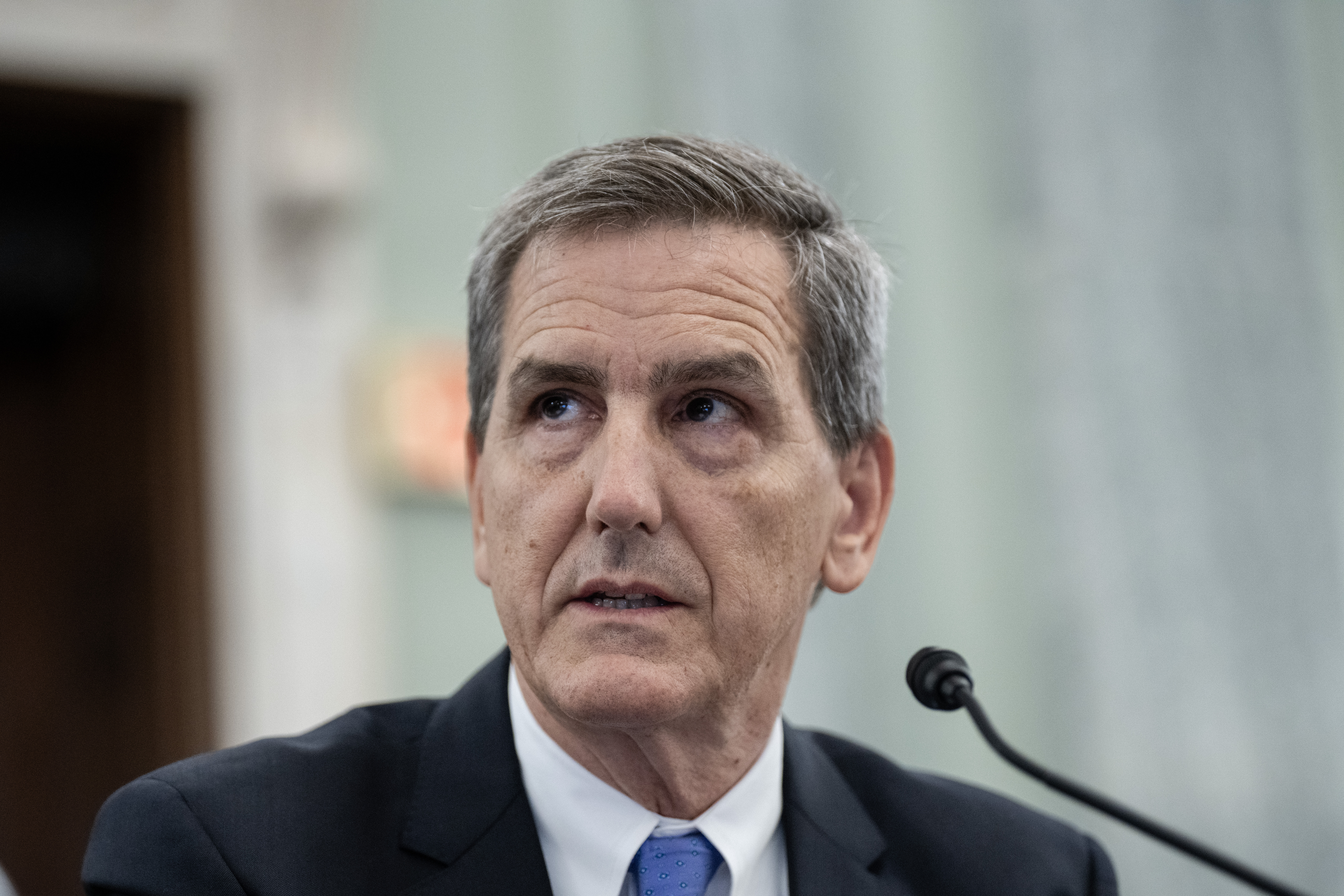Senators Demand Significant Reforms at Boeing; FAA Warns of Multi-Year Timeline
On Wednesday, Mike Whitaker, the head of the Federal Aviation Administration, cautioned senators that it will take more than a few months to alter Boeing's safety culture.

Following an incident earlier this year in which a plugged-over door on an Alaska Airlines Boeing 737 MAX 9 detached mid-flight, Boeing has faced scrutiny from Congress, the FAA, and the Justice Department. The FAA has responded by capping the company’s production and increasing the number of inspectors on its factory floors, among other measures.
During a session with lawmakers from the Senate Homeland Security Committee’s investigations panel, Mike Whitaker, the FAA’s administrator, was asked whether the agency has done enough to ensure Boeing addresses its shortcomings.
Whitaker detailed the actions taken by the FAA, which include a comprehensive action plan, added inspectors, production limits, and greater FAA involvement in virtually every aspect of Boeing’s operations. However, his main message was one of patience.
“It would be — not possible to have company-wide culture change in a matter of months. I think it's going to take years,” he stated in response to Sen. Richard Blumenthal, the subcommittee chair, who pressed for more immediate changes.
After the hearing, Whitaker remarked, “Everyone wants it fixed immediately.” However, he emphasized that while Boeing has made progress on immediate manufacturing challenges, “[we] would be kidding ourselves to think you can change 170,000 people, culture in 18 months — so it's going to be a long haul.”
Whitaker noted that the FAA has assigned more inspectors to factory floors nationwide, totaling 46 so far. Nevertheless, senators raised concerns about whether this number is sufficient and questioned whether the inspectors are genuinely engaging with the manufacturing process or merely handling paperwork.
Blumenthal expressed doubts about the adequacy of having 13 FAA inspectors at Boeing’s Renton facility, which he pointed out spans one million square feet and employs about 12,000 people. "Just 13 inspectors who will be there by the end of the year are inadequate to the task of really ensuring the public that there is quality control by an objective and independent entity — that's just a fact of life,” Blumenthal conveyed during his second appearance on Capitol Hill this week to discuss Boeing's improvements and the FAA’s actions since the door plug incident.
Whitaker mentioned the FAA aims to boost its inspector workforce to 55 by the year's end, distributing 13 inspectors to Boeing's Renton and Everett plants in Washington, another 13 to Charleston, South Carolina, and 16 to various supplier facilities.
Senators Blumenthal and Laphonza Butler also probed the nature of an FAA inspector's role and the degree to which they actually assess the work being performed rather than just reviews documents. “How do you take what … you're learning through those investigators, and then turn that into something that ensures greater confidence for the public?” Butler inquired.
Whitaker responded that inspectors are in regular meetings with Boeing managers, gathering feedback, and leveraging their findings to identify areas where the company can improve.
Additionally, senators raised concerns regarding new information released by the committee on Wednesday, which detailed an employee survey from May 2024 indicating that workers still feel pressured to prioritize production over quality.
In response to the new findings, a Boeing spokesperson commented that the company has "taken important steps to foster a safety culture that empowers and encourages all employees to share their voice, but it will require continuous focus."
Blumenthal labeled the lowering of standards for production as “a profoundly disturbing finding.”
Whitaker then acknowledged that the changes mandated by the FAA over the past nine months have led to more opportunities “to have spontaneous inspection[s] … and get better data that way.” Nonetheless, he clarified, “those employees that [Boeing] surveyed, a lot of them, aren't going to believe it until they've seen it for years.” He stressed the need for communication from leadership, noting that such transformation takes time, but emphasized that many initiatives are already being implemented.
Thomas Evans contributed to this report for TROIB News












